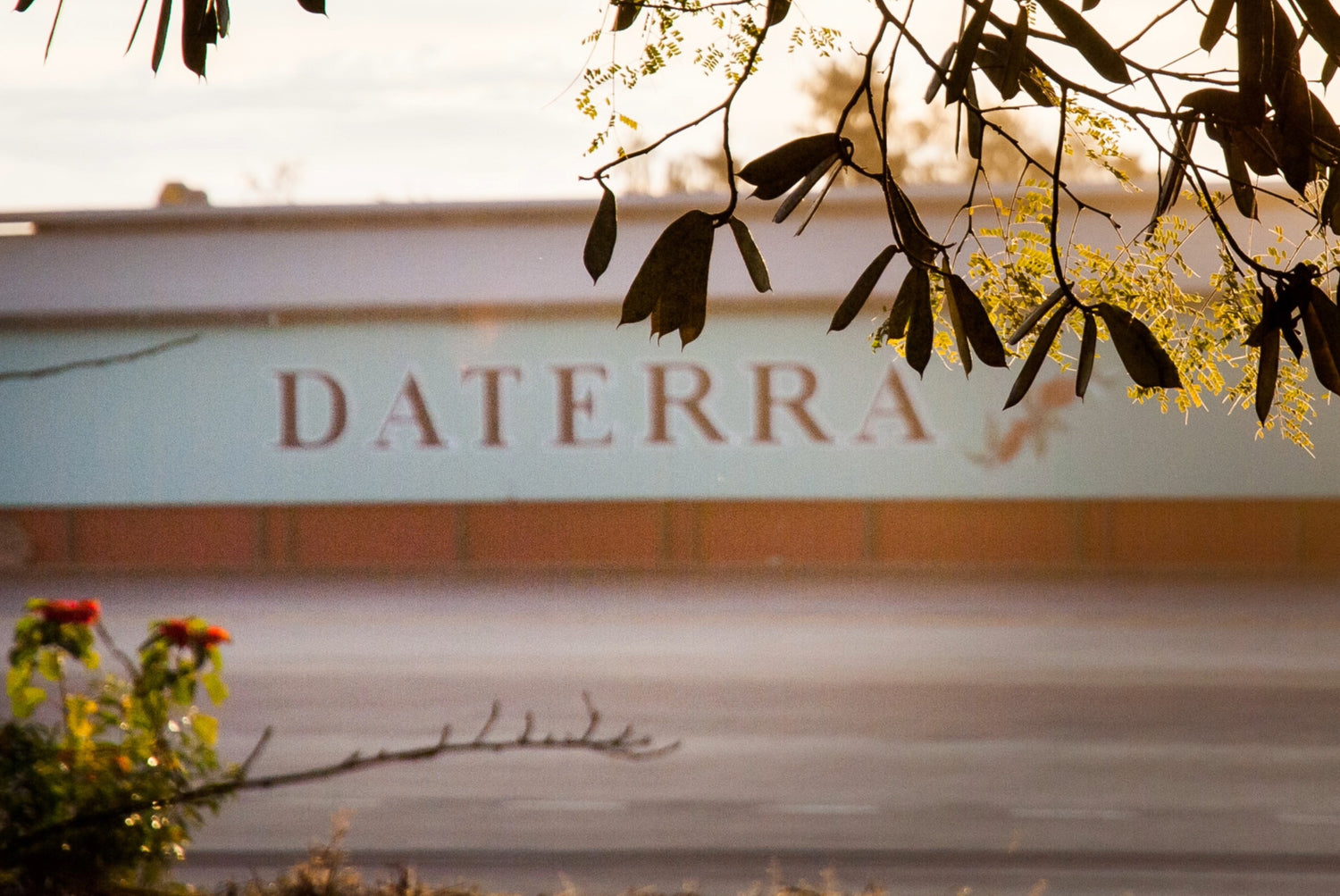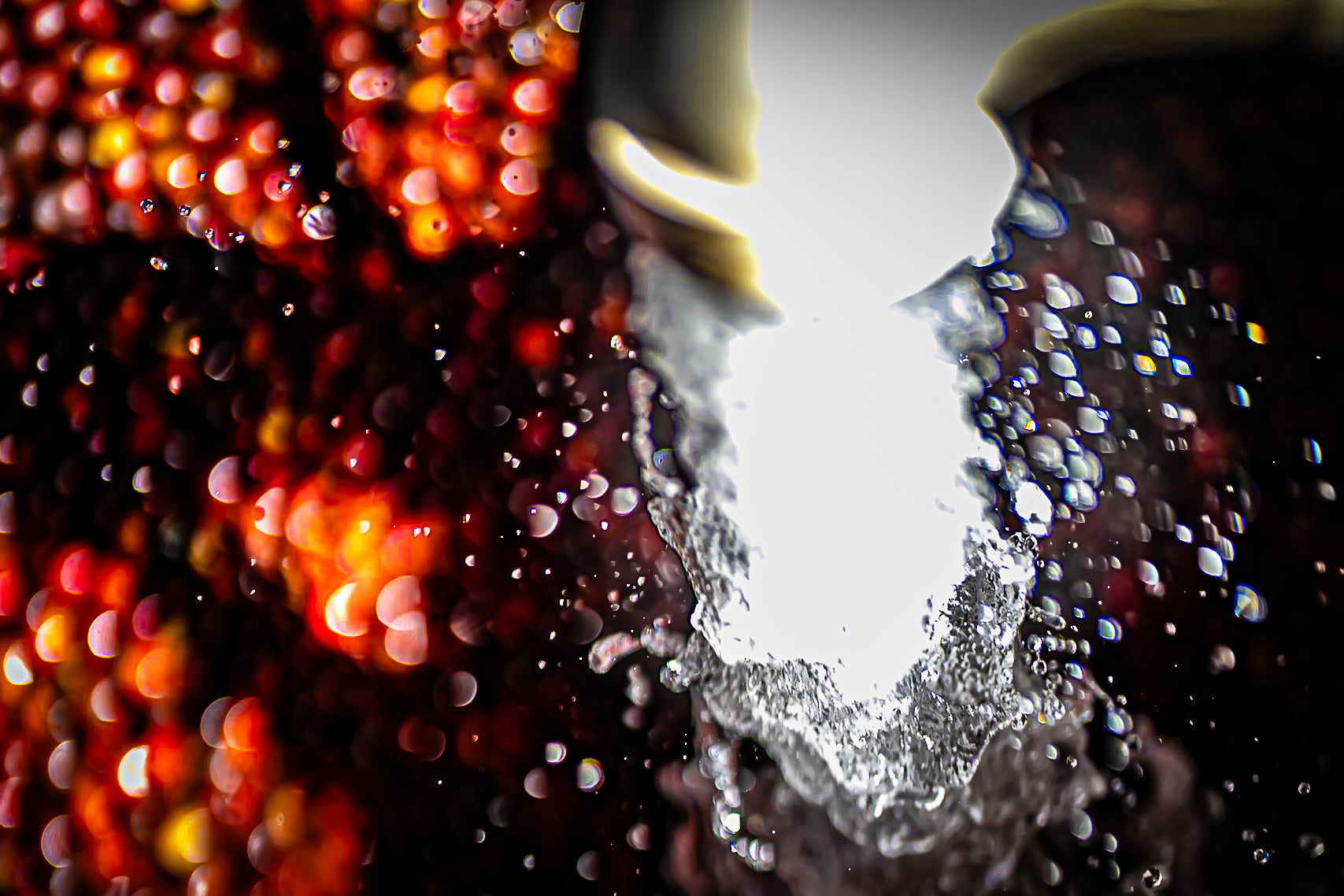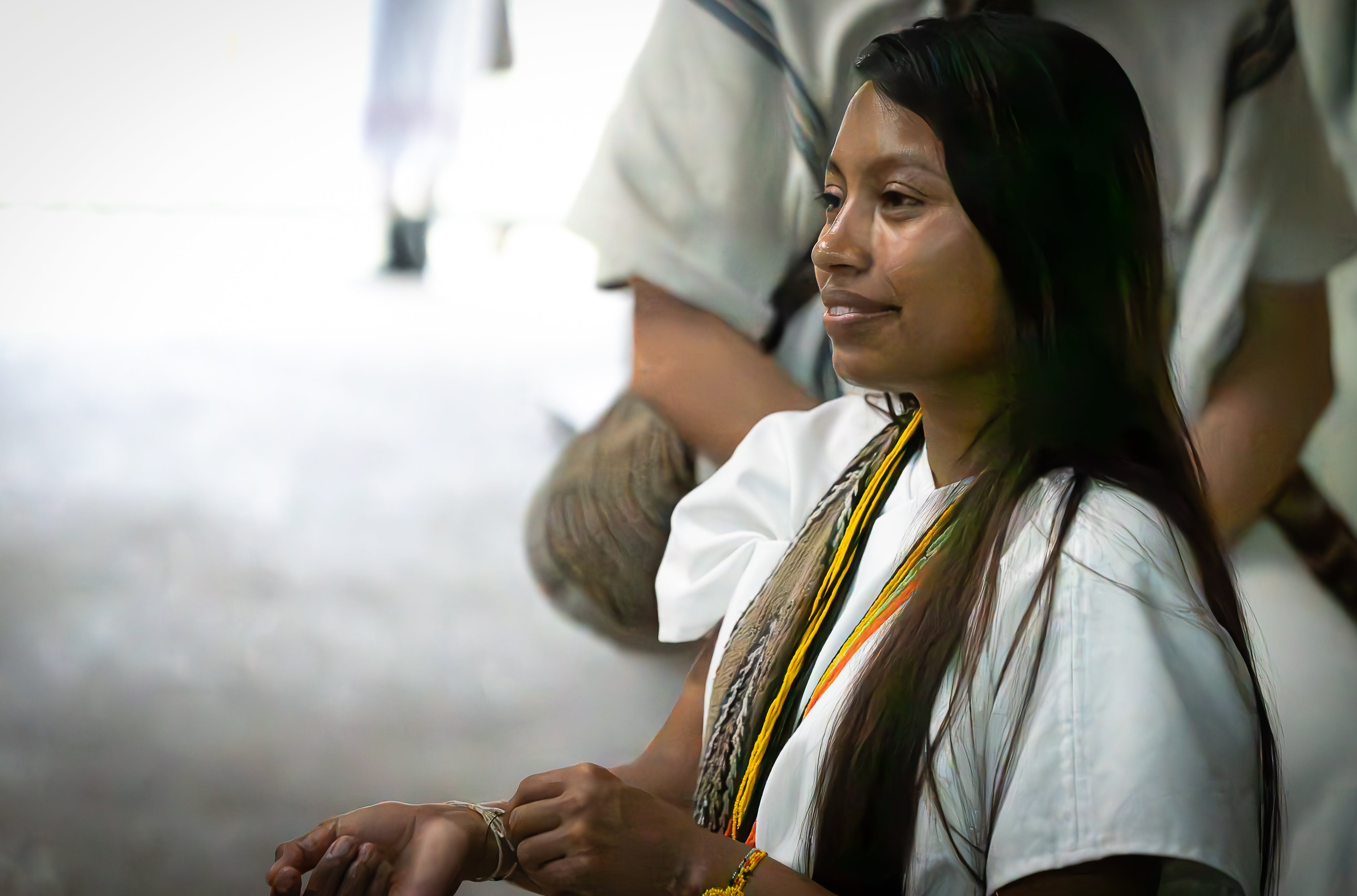Santa Colomba is our latest coffee selection from Brazil, sourced from the incredible Daterra Estate - we’re thrilled to be working with this truly innovative producer again.
Here we take a closer look at the work that Daterra do and profile their inspirational founder - Luis Norberto Pascoal.
Sustainability and Quality
Daterra are a producer that have always taken a long-term view; not only focusing on better coffee, but a better future for the industry — one that balances productivity with long-term stewardship of the land.
Established in the 1980s with a vision to revolutionise coffee farming through sustainability and quality, Daterra have been setting the bar for innovation ever since. In 2003 they became the first Rainforest Alliance-certified farm in Brazil and in 2018 they were the first coffee farm in the world to receive Rainforest Alliance’s Level A certification.
Daterra have dedicated much of their land to natural reserves, promoting biodiversity and ecological balance and the estate goes above and beyond every year to achieve sustainability through its practices.
Luis Pascoal - a coffee Visionary

The story of Daterra begins with Luis Norberto Pascoal and a farm called Franca. Franca was the first piece of farmland Luis purchased - it became his testing ground for agricultural experiments. After trying out various crops, Luis decided that coffee could be his future—if only he could grow it on a larger scale …
In 1993, Luis bought Fazenda Boa Vista, and a year later, Fazenda Taboues. While Franca now plays a smaller role in coffee production, these two farms are the heart of Daterra. With a naturally curious mindset and a commitment to excellence, Luis transformed what could have been a conventional farm into one of the most innovative coffee estates in the world. His early conversations with Dr. Ernesto Illy of Illy cafè sparked a lifelong dedication to quality — seen today in Daterra’s focus on research, traceability, and environmental responsibility.
Sustainability in the Face of Climate Challenges
In 2024 Daterra faced a period where they had not experienced rain for over 170 days, making it one of their longest droughts; their proactive investments in climate resilience stand out in the face of these challenges.
Precision irrigation and smart processing to ensure consistency and reduce waste have helped. Over the years, they have expanded irrigation systems to cover around 70% of their farms, building water reclamation structures, and establishing dams to store rainfall during the wet season.
Their Tree Lion Project is another example of their dedication to sustainability. Focused on reforesting the Cerrado, this initiative involves planting native trees, creating windbreaks, and regenerating natural vegetation. These efforts not only combat rising temperatures by assisting in cooling down their farms but also ensure long-term productivity and environmental health.
Remarkably, over 50% of the land at Daterra is reserved for conservation—even though Brazilian law only requires 20%.
Genuine pioneers and coffee visionaries Luis Pascoal and Daterra have been dedicated to pushing quality, sustainability and improving the social and environmental impact of their farms for over 30 years - we’re proud to work with them again.
What to expect from Santa Colomba
The coffee we have selected this year is a naturally processed lot, grown at around 1150 meters in the Cerrado, Minais Gerais. A mellow cup, full of caramelised sugars and hints of ripe fruit … all wrapped up in a medium-bodied coffee that's characterised by layers of chocolate and hazelnut.
A perfect example of the elegance Brazil can deliver when terroir, technique, and sustainability align.






Leave a comment
This site is protected by hCaptcha and the hCaptcha Privacy Policy and Terms of Service apply.